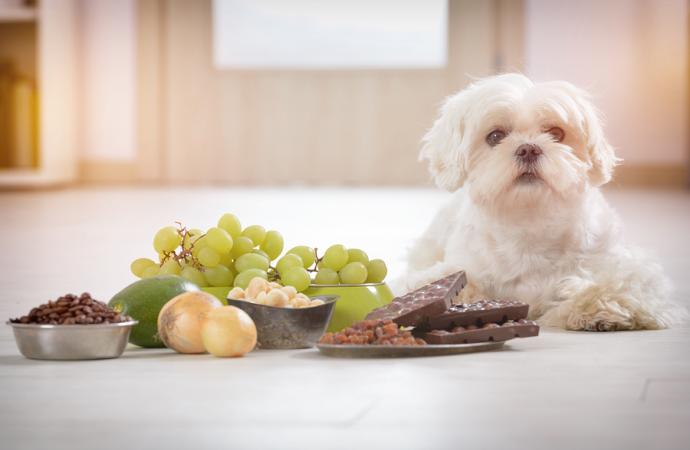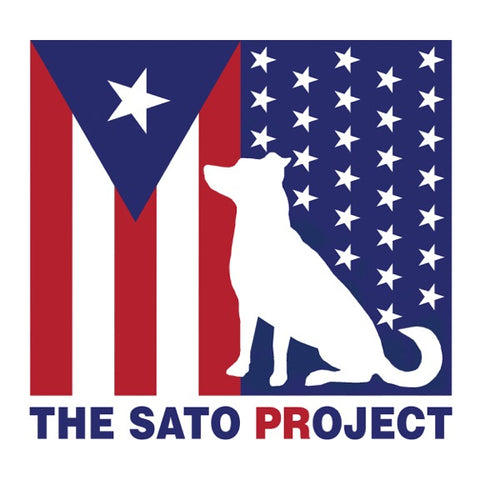Many of us do not realize the full extent that common foods, plants, and household products can be quite toxic to our beloved pets. In caring for our furry loved ones, we have had some scary situations where a dog gets into something they shouldn’t, and they have to go to the vet out of an abundance of caution. We are always learning about potential toxins, and wanted to pass this information along to you. Every pet owner should have the number for the ASPCA’s poison hotline: 888-426-4435. They provide 24 hour veterinary diagnostic and treatment advice, and their ASPCA Website contains a wealth of information.
Common sense should tell us if something may harm our pet. For instance, we all know that human prescription medications should never, ever make their way into our pets’ systems. Yet prescription (human) medications are the number one reason that people call the ASPCA Animal Poison Control Center. A close second, our over the counter medications might not seem like such a bad idea to help out our pets in their time of need. Yet exposing your pet to vitamins, pain medications, and cold/flu medications can lead to toxicity as well. Always consult a vet before administering any medication to your pet. Sometimes they might recommend giving your pet a minute portion of a medication intended for humans, but that should only happen under doctor’s orders! By keeping both prescription and OTC medications safely out of reach, we can help ensure a safe home for our pets.
Despite their best begging acts, our pets cannot safely ingest the same food that we humans do. Most folks know that chocolate is toxic to dogs, with baker’s and dark chocolate being the most dangerous. In addition, onions, garlic, Xylitol, grapes/raisins, alcohol, and macadamia nuts can all pose the risk of serious harm to dogs, cats, and other pets. As a general rule, we should never feed human food to a dog or cat unless a vet recommends it. While you can incorporate plain rice and boiled chicken, pumpkin, sweet potato, and other foods into your pet’s diet, please skip any seasoning, as that will do them far more harm than good. Although indulging their desires for other foods may be tempting, the risk far outweighs the reward!
Other frequent toxins include medications that are prescribed to the pet, which pose the risk of an overdose. These meds are often highly palatable, making them the equivalent of pet treats. Please be sure to keep these prescriptions in the fridge or a secure cabinet that our furry friends cannot access!
Another frequent culprit for a sick dog or cat is plants. Please be sure to review this ASPCA Poison Control Info to educate yourself on the household plants that can cause mild to severe reactions. There are 410 plants alone that are toxic to dogs!
Lastly, keeping our pets out of cleaning products and herbicide/insecticide/rodenticide is a no-brainer. These products carry a grave risk of serious effects just from minor exposure! Keep in mind that this includes many common gardening components, such as fertilizer and bug repellant.
The bottom line is that a responsible owner must recognize that their pet is, in essence, a toddler. They will get into everything! Let’s all puppy proof our homes to ensure a safe and secure environment!




